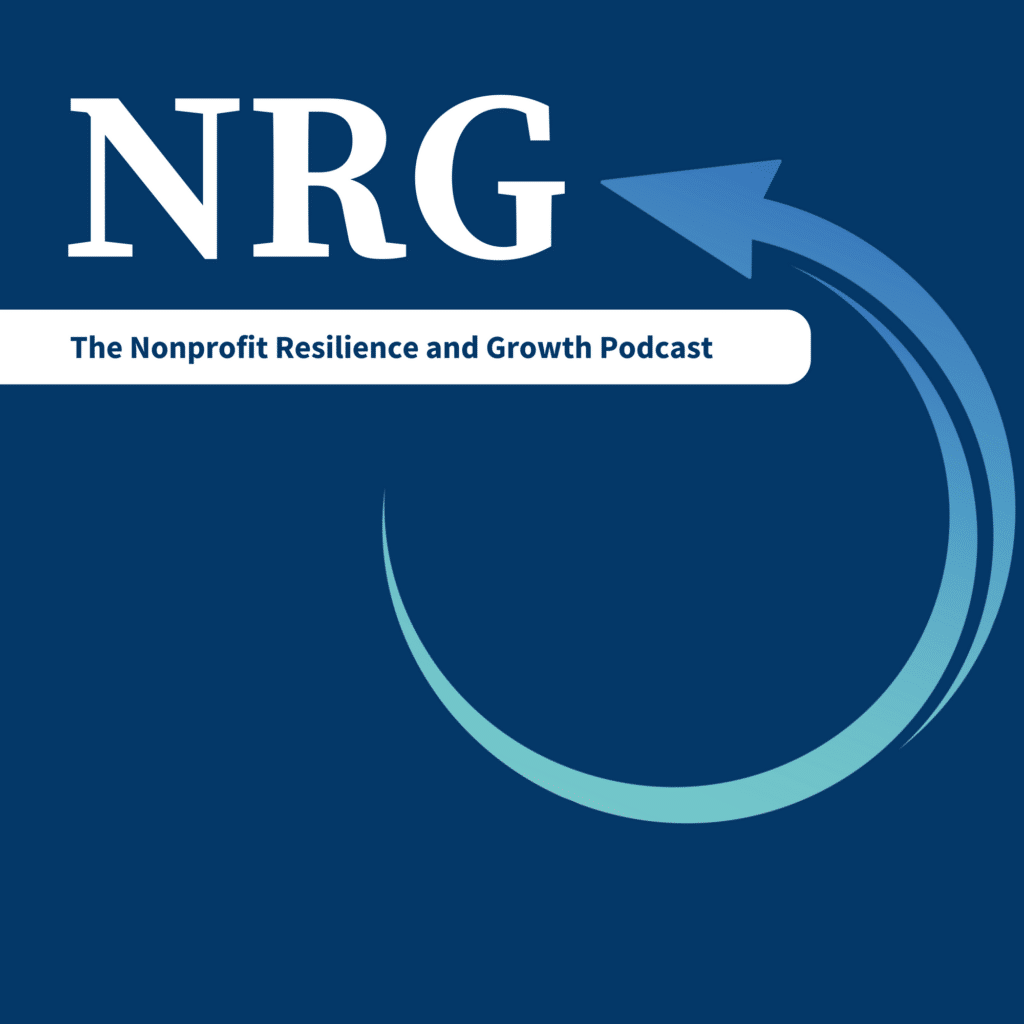

This is part of a special series, brought to you by the Standards for Excellence Institute, to provide nonprofit leaders with a brief nonprofit governance and management tip weekly over the course of 2020. We hope these short tips will be helpful to you and the nonprofits you serve. If you have suggestions for future topics, please forward these to acmadsen@standardsforexcellence.org.
Its that time of year again! For many nonprofit boards, this is the time of year when all active board members are asked to complete an annual conflict of interest disclosure form. Such forms should be completed when an individual (such as board member, staff member or volunteer with decision making authority) becomes affiliated with a nonprofit organization and annually thereafter.
Conflicts of interest involving nonprofit board members, employees, or volunteers can undermine the public’s trust and confidence in any nonprofit. It is important that nonprofits have policies in place to address conflicts of interest to maintain public trust and ensure that the organization is compliant with requirements of the Internal Revenue Code and regulations. Conflicts of interest can not only harm the organization’s reputation but could even result in the loss of tax-exempt status.
Each nonprofit should have a board-approved conflict of interest policy and statement that is applicable to “board members, staff, and volunteers who have significant, independent decision-making authority regarding the resources of the organization.” A conflict of interest policy should “identify the types of conduct or transactions that raise conflict of interest concerns, should set forth procedures for disclosure of actual or potential conflicts, and should provide a review of individual transactions by the uninvolved members of the board of directors.” (Standards for Excellence: An Ethics and Accountability Code for the Nonprofit Sector.) The conflict of interest statement should also provide space for individuals to disclose any known interests that they or a member of their immediate family may have. Each organization should carefully and consistently follow the tenets of its conflict of interest policy throughout the year.
More information is available in the Standards for Excellence educational packet on conflicts of interest which outlines what conflicts of interest are, how to identify them, and what conflict of interest policies and procedures should look like. This educational resource packet and the full series of all packets – including sample policies, tools and model procedures to help nonprofits achieve best practices in their governance and management – can be accessed by contacting a licensed Standards for Excellence replication partner, one of the over 150 Standards for Excellence Licensed Consultants, or by becoming a member of the Standards for Excellence Institute. Amy Coates Madsen, Director of the Standards for Excellence Institute, has also written a blog entitled Three Tips to Prevent Conflicts of Interest at Your Nonprofit.



